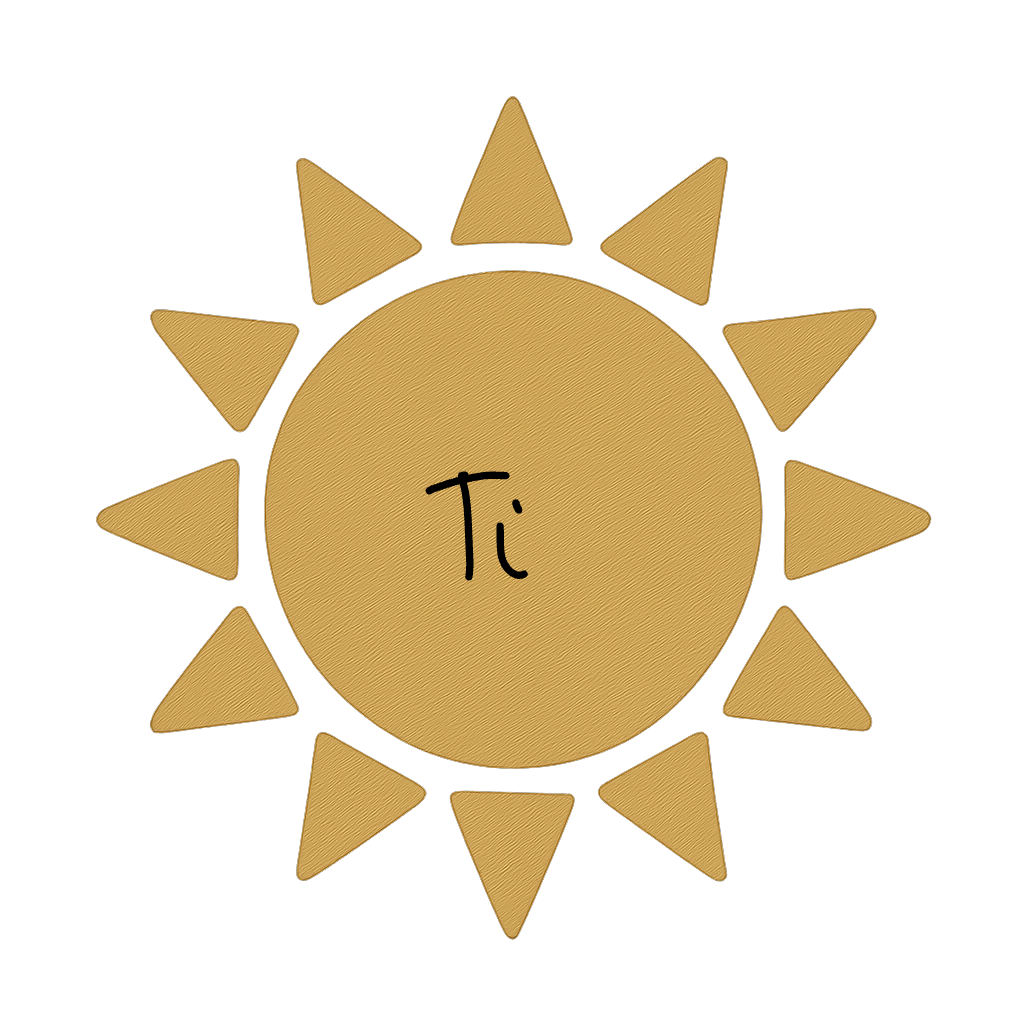Thinking (Ti) is one of the eight cognitive functions identified by Carl Jung and later incorporated into personality frameworks like the Myers-Briggs Type Indicator (MBTI). Ti is a judging function, focusing on how we make decisions and evaluate information. Specifically, Ti is concerned with internal logical consistency, principles, and understanding how things work on a fundamental level.
Key Characteristics
- Logical Consistency:
- Analytical Reasoning: Ti users strive for a deep understanding of systems and concepts, ensuring that everything fits within a coherent internal framework.
- Principle-Based Judgments: Decisions are made based on fundamental principles and internal logic rather than external rules or emotional considerations.
- Internal Frameworks:
- Personal Logic Systems: They develop individualized systems of logic that may not always align with conventional thinking but are consistent within their own reasoning.
- Structural Understanding: Focus on deconstructing ideas to comprehend the underlying mechanics and relationships between components.
- Precision and Clarity:
- Attention to Detail: Ti users value accuracy and are meticulous about the details that affect the integrity of a concept or system.
- Desire for Understanding: They are driven to fully understand how and why things work, often asking probing questions to reach the core of an issue.
- Independence in Thought:
- Autonomous Analysis: Prefer to process information independently, forming their own conclusions without undue influence from others.
- Skeptical Inquiry: Tend to question accepted norms and may challenge ideas that don’t align with their internal logic.
How Ti Manifests in the Mind
- Information Processing:
- Logical Categorization: Organizes information into logical structures, creating mental models that explain how things function.
- Continuous Refinement: Regularly revises internal frameworks as new information is acquired, striving for greater accuracy.
- Decision-Making Process:
- Impersonal Evaluation: Makes decisions based on logical analysis, often detached from personal feelings or societal expectations.
- Problem-Solving Focus: Seeks efficient and logical solutions, emphasizing effectiveness and practicality.
- Learning Style:
- Deep Exploration: Prefers to delve deeply into subjects to gain comprehensive knowledge.
- Critical Examination: Analyzes concepts critically, identifying inconsistencies or flaws in reasoning.
Strengths of Ti Users
- Analytical Problem-Solving: Excellent at dissecting complex problems and finding logical solutions.
- Innovative Thinking: Capable of developing unique ideas and systems that others may not see.
- Independent Thought: Provides original perspectives, untainted by external biases.
Challenges Faced by Ti Users
- Overemphasis on Logic: May neglect emotional or relational factors, leading to decisions that lack empathy.
- Communication Difficulties: Can struggle to articulate complex internal thoughts in a way others understand.
- Perfectionism: Tendency to overanalyze can lead to indecision or delays in action.
Practical Applications of Understanding Ti
- Personal Growth:
- Balance with Feeling Functions: Develop emotional intelligence to complement logical analysis.
- Improve Communication Skills: Practice expressing thoughts clearly to bridge gaps with others.
- Interpersonal Relationships:
- Empathy Development: Be mindful of others’ feelings and perspectives, even if they don’t align logically.
- Active Listening: Engage with others’ ideas openly to enrich understanding and collaboration.
- Professional Development:
- Analytical Roles: Excel in careers requiring deep analysis, such as engineering, programming, or research.
- Innovation and Design: Use logical structuring to create efficient systems and processes.
Tips for Enhancing Ti Function
- Engage in Logical Exercises: Puzzles, strategy games, or coding can sharpen analytical skills.
- Reflective Writing: Journaling can help organize thoughts and refine internal logic.
- Study Diverse Systems: Explore various logical frameworks like mathematics, philosophy, or logic theories to broaden understanding.
Balancing Ti with Other Functions
- Incorporate Extraverted Feeling (Fe): Enhance social harmony by considering group values and emotions.
- Develop Sensing or Intuitive Functions: Use concrete details (Sensing) or abstract concepts (Intuition) to enrich analysis.
- Practice Extraverted Thinking (Te): Apply internal logic externally to organize and execute plans effectively.
***
